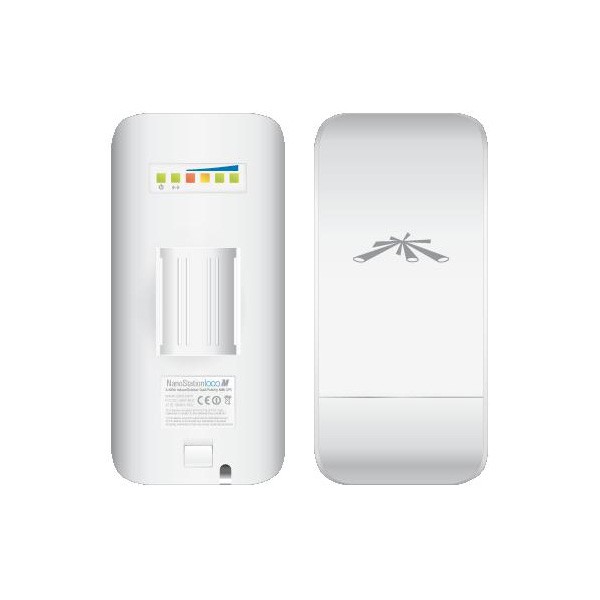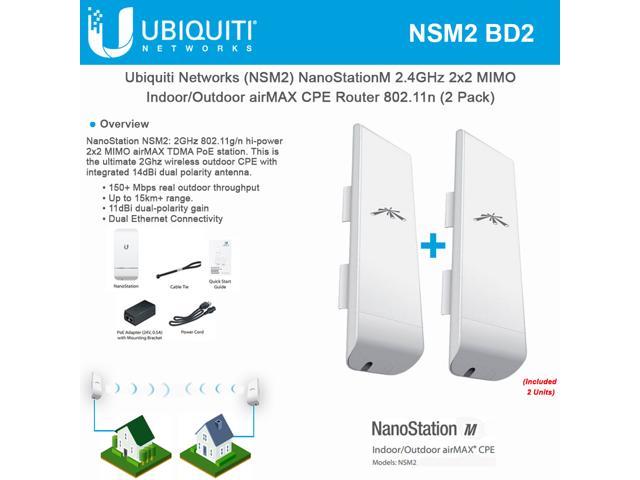 TEXAS RESIDENT CONVICTED TO SIX YEARS IN PRISON FOR VIOLATING THE EMBARGO TO CUBA.
TEXAS RESIDENT CONVICTED TO SIX YEARS IN PRISON FOR VIOLATING THE EMBARGO TO CUBA.
On September 27, 2018, a Texas resident, Bryan Evan Singer, 46, was sentenced to 78 months in prison for violating the embargo on Cuba by trying to introduce hundreds of electronic devices on the island from South Florida. In addition, the convicted was accused of making false statements to federal authorities and lying in the amount of merchandise.
Singer tried to travel to the Island on May 2, 2017 aboard ‘La Mala’, according to the court of the Southern District of Florida. The forces of order, in a register before setting sail from Stock Island, found a hidden compartment under a bed bolted in the cabin of the ship.
In the compartment were hundreds of electronic devices, including more than 300 Ubiquiti Nanostation Network M2, valued at more than $ 30,000.

The Ubiquiti NanoStation M2 amplifies the signal of a Wi-Fi network and is used in Cuba to take internet to homes. (bionic)
The Ubiquiti NanoStation M2 amplifies the signal of a Wi-Fi network and is used in Cuba to take internet to homes. (bionic)
The Ubiquiti Nanostation Network are devices that allow the Wi-Fi signal to extend up to several kilometers, so they are usually used to provide internet coverage in large concerts and rural areas. Each of these devices can receive or send wifi signals to 10 km around it.
“These devices require a license to be exported to Cuba because their capabilities threaten national security.” Singer never sought or obtained a license to export these devices to Cuba.
“These devices require a license to be exported to Cuba because their capabilities threaten national security.” Singer never sought or obtained a license to export these devices to Cuba, “says the Southern District office.
Since the Cuban government installed the first wifi navigation zones in the parks of the Island in 2013, dozens of clandestine networks have appeared. Cubans use the NanoStation to take the wireless signal from the Wi-Fi zones to other areas without coverage, to be able to surf the internet from the houses, for which the Cuban Government prohibits its importation and that of other equipment with a similar function. So far the country has around 700 wireless connection points and the state monopoly, Etecsa, charges one dollar per connection hour.
Singer assured the Miami Herald that it was not the first time he had brought goods to Cuba and that he had a person on the island “to leave it”, although he maintains that he never did business with the shipments and that he made them to “support the Cuban people” .
“On September 27, 2018, the chief judge of the United States District Court, K. Michael Moore, sentenced Singer to 78 months in prison, followed by a supervised release,” the court said.
 ESTADOUNIDENSE CONDENADO A SEIS AÑOS DE PRISIÓN POR VIOLAR EL EMBARGO A CUBA.
ESTADOUNIDENSE CONDENADO A SEIS AÑOS DE PRISIÓN POR VIOLAR EL EMBARGO A CUBA.
El 27 de Septiembre de 2018 el residente de Texas, Bryan Evan Singer, de 46 años, fue sentenciado a 78 meses de prisión por violar el embargo a Cuba al tratar de introducir cientos de dispositivos electrónicos en la Isla desde el sur de Florida. Además, el condenado estaba acusado de realizar declaraciones falsas a las autoridades federales y mentir en la cantidad de mercancía.
Singer intentó viajar a la Isla el 2 de mayo de 2017 a bordo de ‘La Mala’, según publicó la corte del Distrito Sur de Florida. Las fuerzas del orden, en un registro antes de zarpar de Stock Island, hallaron un compartimento oculto debajo de una cama atornillada en la cabina del barco.
En el compartimento se encontraban cientos de dispositivos electrónicos, entre ellos más de 300 Ubiquiti Nanostation Network M2, valorados en más de 30.000 dólares.

Las Ubiquiti NanoStation M2 amplifican la señal de una red wifi y se utilizan en Cuba para llevar internet a los hogares. (bionic)
Los Ubiquiti Nanostation Network son dispositivos que permiten ampliar la señal wifi hasta varios kilómetros, por lo que suelen ser utilizados para dar cobertura de internet en los grandes conciertos y zonas rurales. Cada uno de estos aparatos puede recibir o enviar señales wifi a 10 km a su alrededor.
“Estos dispositivos requieren una licencia para ser exportados a Cuba porque sus capacidades amenazan la seguridad nacional. Singer nunca buscó ni obtuvo una licencia para exportar estos aparatos a Cuba”
“Estos dispositivos requieren una licencia para ser exportados a Cuba porque sus capacidades amenazan la seguridad nacional. Singer nunca buscó ni obtuvo una licencia para exportar estos aparatos a Cuba”, indica la oficina del Distrito Sur.
Desde que el Gobierno cubano instaló las primeras zonas de navegación wifi en los parques de la Isla en 2013 han aparecido decenas de redes clandestinas. Los cubanos utilizan los NanoStation para llevar la señal inalámbrica desde las zonas wifi hasta otras áreas sin cobertura, para poder navegar en internet desde las casas, por lo que el Gobierno cubano prohíbe su importación y la de otros equipos con similar función. Hasta el momento el país tiene alrededor de 700 puntos de conexión inalámbrica y el monopolio estatal, Etecsa, cobra un dólar por hora de conexión.
Singer, aseguró al Miami Herald que no era la primera vez que llevaba mercancías a Cuba y que tenía una persona en la isla “para dejarla”, aunque sostiene que nunca hizo negocio con los envíos y que los realizaba para “apoyar al pueblo cubano”.
“El 27 de septiembre de 2018, el juez principal del Tribunal de Distrito de los Estados Unidos, K. Michael Moore, condenó a Singer a 78 meses de prisión, a lo que siguió una liberación supervisada”, indicó la Corte.
Agencies/14ymedio/TheHerald/ Internet Photos/ Arnoldo Varona/ TheCubanHistory.com
THE CUBAN HISTORY, HOLLYWOOD.





